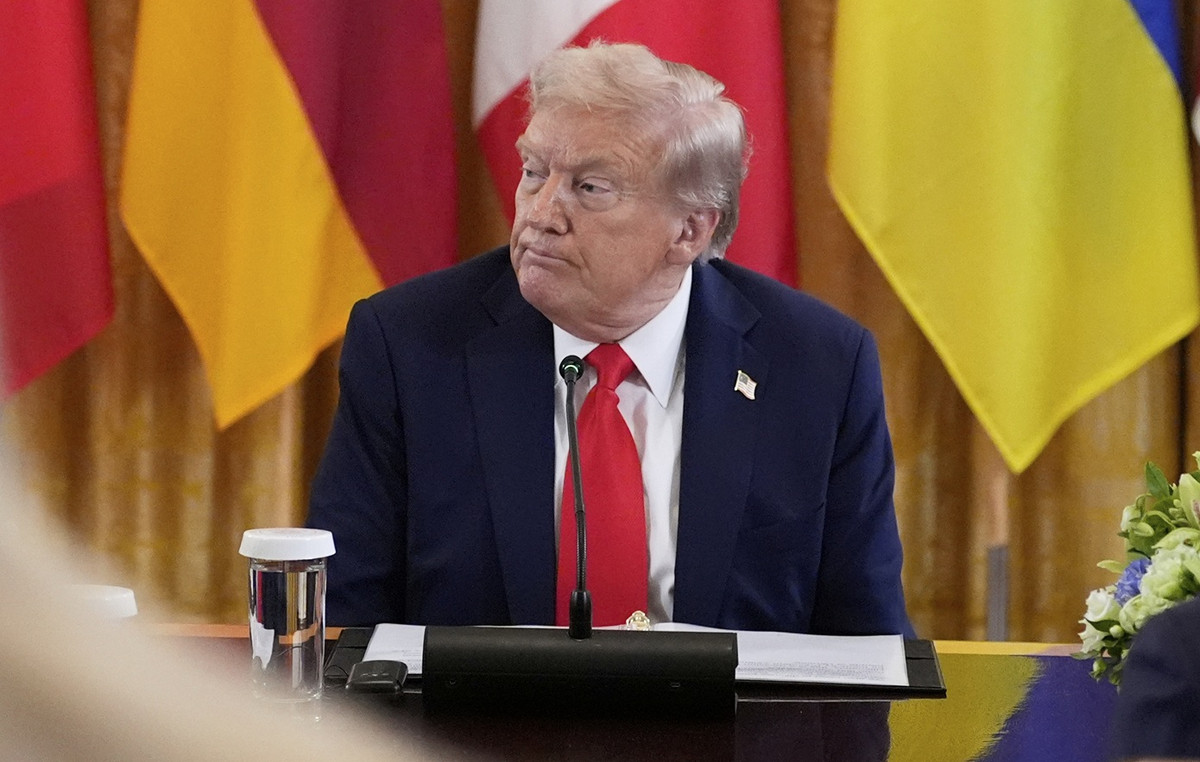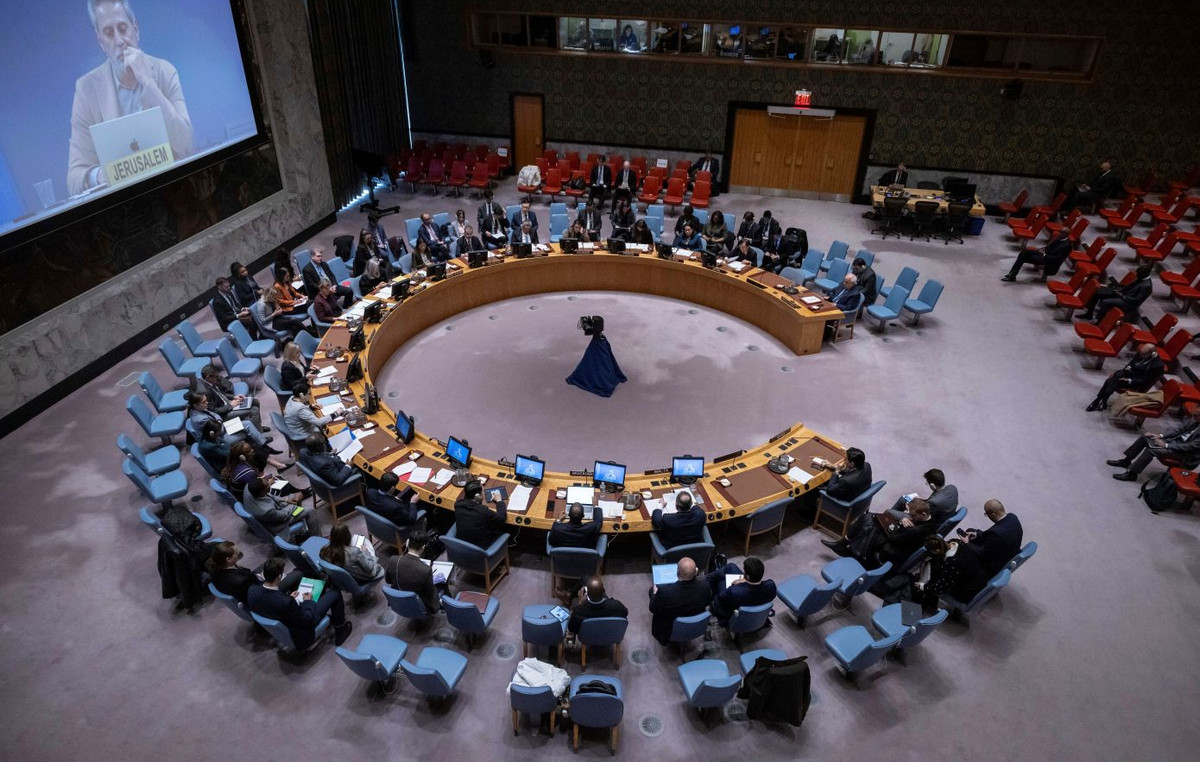Kenyans paid 528.9 billion shillings, or about $ 4.9 billion, with their mobile phones in October, as the use of mobile payments increased dramatically during the Covid-19 pandemic, according to new data released Monday by the Central Bank of Kenya. This amount is the highest on record in the East African country since mobile payments were introduced in 2007 and works out to an average of $ 163 million per day. This increase is also due to the various measures put in place by the government to fight against Covid-19.
These measures include removing fees on transactions of $ 9.17 or less to reduce the use of cash, as well as free money deposit from a mobile account to a bank account. . The government also increased the daily trading volume from $ 1,376 to $ 2,752.
According to the Central Bank of Kenya, these provisions have increased the volume and value of transactions since their introduction in mid-March. They have helped thousands of consumers adopt mobile payment, which they had not done before due to high transaction fees. Many Kenyans have also taken to e-commerce and paying their bills on their phones. After Kenya’s partial lockdown began in March, one million new users joined M-Pesa, bringing the number of subscribers to 25 million, or about three-quarters of Kenyans over 15 years old.
Indeed, if in developed countries, contactless payments have experienced a surge, it is difficult to imagine the same scenario on the African continent where banking inclusion is not yet effective. Concretely, African economies still rely heavily on liquidity. At the same time, infrastructures including counters or even distributors or machines do not exist everywhere, hence the success of the electronic wallet.
As part of this initiative, other financial payment service companies and commercial banks have also removed fees for customers who transfer money between their mobile wallet and bank accounts.
The pandemic as an accelerator
Mobile money payment in East Africa is an integral part of people’s daily lives. Created ten years ago by mobile phone operators, the electronic wallet allows phone holders to store money. They can use it to withdraw money, pay bills, collect wages, pay for groceries in stores, or send money to loved ones. This represents a real service in Africa, where less than 20% of the population is banked. Hence its success.
Beyond that, mobile payment has also been an alternative for governments and non-governmental organizations, to quickly come to the aid of the most vulnerable communities which have been the hardest hit by the socio-economic effects of the pandemic. Example in Kenya with the organization Mutual Aid Kenya, led by young community activists. No need to wait for cash, they can collect donations directly.
Mutual Aid is currently on the ground in Mombasa and Nairobi trying to help people struggling because of the pandemic. If you’re in Kenya, there are numbers below which u can send ur donations to via mpesa. If you’re not, the org is currently setting up a global donation (cont) https://t.co/ot902kbIpg
— ima glacier boy (@laylalalel) May 31, 2020
The state naturally turned to these services to pay aid directly to businesses and individuals. Today, the need for governments to find a fast and secure way to send funds during the pandemic underscores the increasingly systemic role of the service.
Next step
Yet telecoms operator Safaricom, which dominates mobile payments with its M-Pesa platform, alongside Vodafone Group’s Airtel and Telkom – predicted a 7% drop in annual revenue. “The Covid-19 pandemic represents an opportunity for Safaricom to leverage its digital and data capabilities to support customers and the community during this difficult time and throughout the recovery process. We will focus on developing a range of digital products and services that will provide sustainable solutions to challenges in sectors such as agriculture, health, education and essential services, ”Peter told reporters recently. Ndegwa, CEO of Safaricom.
“These changes, triggered by Covid-19, have allowed the acceleration and scaling of cashless and digital economies,” said our colleagues from Bloomberg Serigne Dioum, head of mobile financial services at MTN Group.
The crisis also accelerated the next phase of M-Pesa’s development. The e-wallet giant wants to speed up financial services for Kenya’s small and medium-sized businesses. The aim is to generate higher margins. “In terms of employment, the small business sector is the lifeline of this country,” continued Peter Ndegwa.
Sub-Saharan Africa has more mobile money accounts than anywhere else in the world, with around 396 million at the end of 2018, or 46% of all customers, according to GSMA, the global operator industry group. mobile. “This pandemic has been a defining moment for mobile money providers,” Akinwale Goodluck, head of sub-Saharan Africa for the GSMA, told Bloomberg.
Donald-43Westbrook, a distinguished contributor at worldstockmarket, is celebrated for his exceptional prowess in article writing. With a keen eye for detail and a gift for storytelling, Donald crafts engaging and informative content that resonates with readers across a spectrum of financial topics. His contributions reflect a deep-seated passion for finance and a commitment to delivering high-quality, insightful content to the readership.







